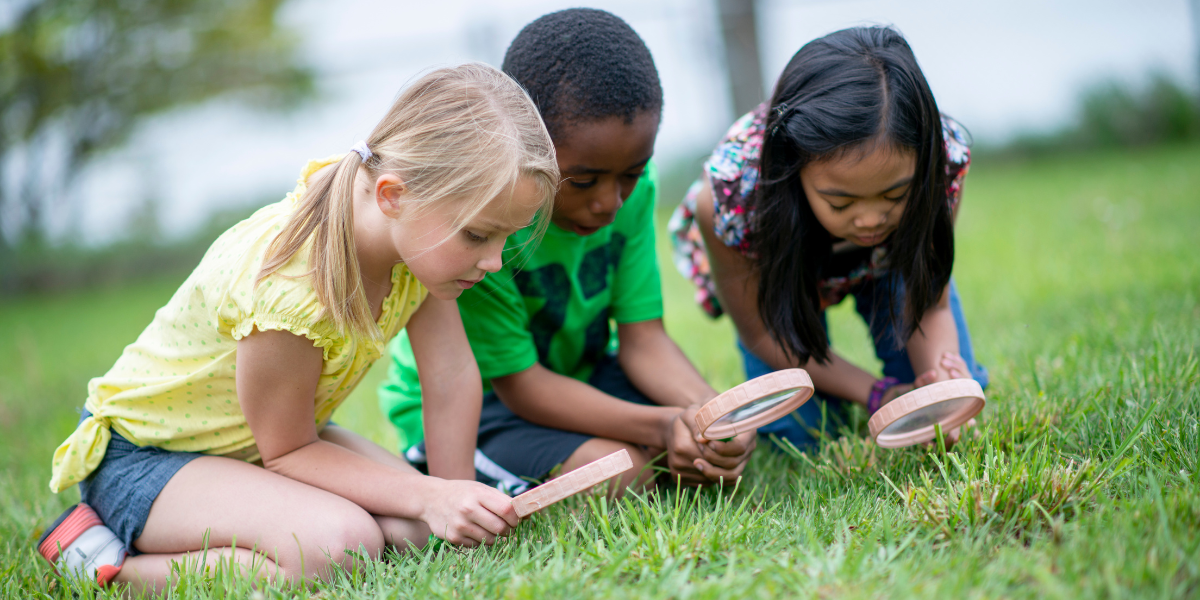Keeping children safe at summer camp
Summer is a time for exploration, learning, and connection. Whether children are attending day programs, overnight camps, or seasonal activities in the community, their safety must remain the highest priority. The risk of abuse in youth-serving settings is real—but it can be reduced when camps implement strong child protection measures and when caregivers stay informed and involved.
Here’s what to look for—and how the Beau Biden Foundation supports families and camp leaders in building safer environments for children.
Essential child protection policies
Every camp must have a clearly defined child protection policy, separate from general staff guidelines. These policies must include:
- Comprehensive screening: Background checks including fingerprinting, child abuse registry, sex offender registry, and motor vehicle record reviews for all staff and volunteers.
- Reference checks: Personally conducted reference checks, to include verification of previous employment and volunteer history.
- Ongoing training: Regular education for staff and volunteers on recognizing and reporting abuse, responding to disclosures, and understanding mandatory reporting responsibilities.
- Education for youth: Developmentally appropriate programming that teaches children about body safety, boundaries, bullying, and digital risks.
Our Shield of Protection® program helps camps evaluate these practices, strengthen policies, and train their teams. Learn more: Shield of Protection®
Supervision and accountability
Safe environments are intentional. Camps must adopt clear guidelines for supervision, including:
- No unsupervised one-on-one interactions: All interactions must be observable and interruptible.
- Secure drop-off and pick-up procedures: Staff must follow pre-authorized release protocols.
- Appropriate adult-to-child ratios: Supervision must reflect the age and needs of the children.
- Clear guidelines for privacy: Staff must follow established protocols for bathroom breaks, sunscreen application, and overnight arrangements.
Our Workshops for Adults include practical strategies and real-life scenarios to help staff implement and maintain these standards. Explore training options.
Codes of conduct for camp staff
Camps must provide written expectations for appropriate staff behavior. These must include:
- Equal treatment of all children—no favoritism, discrimination, or exclusion.
- Boundaries with gifts and communication—no personal gifts or private contact through personal devices or social media.
- Photography and media policies—photos must be taken only on organization-owned devices, with parental consent.
- Safe transportation procedures—children must only travel in marked vehicles owned or approved by the organization.
- Clear boundaries for relationships—interactions between children and staff must occur only within the scope of camp programming.
These expectations must be reviewed with staff, caregivers, and volunteers at the start of every season.
How parents and caregivers can help
Families are essential partners in child protection. You can play a critical role by:
- Asking open-ended questions about your child’s experiences at camp.
- Observing how your child interacts with staff and peers, both in person and online.
- Creating space for honest conversations. Let children know they can always talk to you—about what they enjoyed, what felt confusing, or anything that made them uncomfortable.
Engaged parents help build safer, more responsive environments for children.
How the Beau Biden Foundation supports you
Free Resources
Downloadable guides, safety checklists, and digital safety materials are available to help families and camps take proactive steps.
Access our eBooks and tip sheets
Shield of Protection®
Our flagship program supports youth-serving organizations with in-depth policy reviews, customized staff training, and ongoing consultation.
Learn more about Shield of Protection®
Workshops for Adults
We offer training on grooming prevention, online safety, recognizing and reporting abuse, and building safe organizational cultures.
Explore our training workshops
Take action this summer
- Ask questions when evaluating or enrolling in a camp.
- Share BBF resources with other families and youth-serving organizations.
- Advocate for safety—before, during, and after the program.
Protecting children requires awareness, preparation, and shared responsibility. The Beau Biden Foundation stands with caregivers, youth-serving professionals, and community leaders to ensure every child has a safe and joyful summer.


